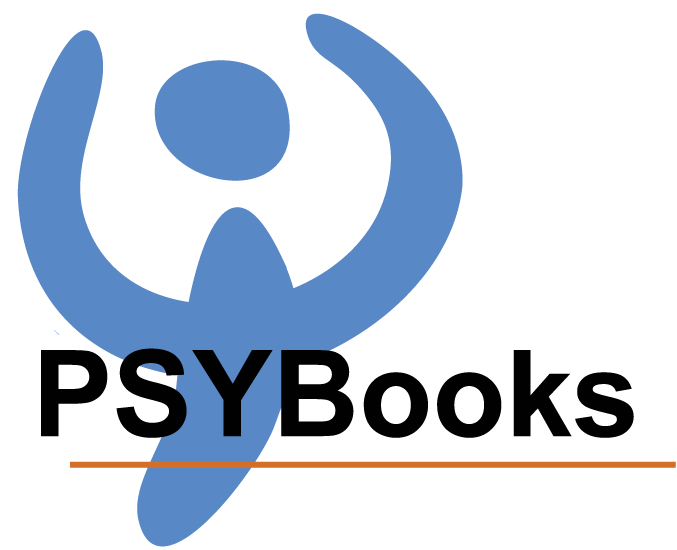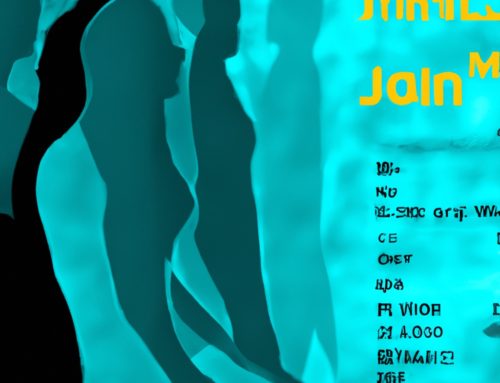The acronym EHR stands for Electronic Health Record. Originally the term EHR was supposed to mean a very specific thing. It was to be a type of digital (i.e., computerized) practice management system for health care professionals that could “talk to” (i.e., share data with) EHRs of other health care providers and organizations, such as laboratories, specialists, school and workplace clinics, medical imaging facilities, pharmacies, emergency facilities – essentially anyone that might be involved in a patient’s care. Similar products that did NOT automatically have the “talk to everyone” feature were to be referred to by other names, such as EMR (Electronic Medical Record) or simply, practice management system.
However, the talk-to-everyone concept is proving to be quite difficult to implement and although it has a strong contingency of proponents, there are also many people who are equally as strongly opposed to the idea. Mental health professionals, in particular, can see real disadvantages to making information they might enter about a client available to all healthcare professionals that client may have visited or may visit in the future.
Probably because of a combination of difficulty of implementation and the lack of overall support, distinctions that might once have existed between terms like EHR, EMR and practice management system have pretty much dissolved. Today, those terms are being used interchangeably – even within a single product. For example, mostly, I think of PSYBooks as a practice management system – because that’s what it’s designed to do, i.e., help you manage your practice. However, when I’m writing or speaking about PSYBooks, it’s easier and takes up less space to refer to it as an EHR or EMR so I often use one of those terms instead. However, PSYBooks is NOT a “talk-to-everyone” product. There is no across-the-board sharing of anything you don’t specifically request. You are solely in charge of who accesses your data (if anyone) and what portion of your data they access. For example, you might want some personnel to only be able to view certain data – not make any changes. Other personnel, in order to do their jobs, may need full administrative access both view and edit certain files.
There are other situations where you may want one or more colleagues to have full clinical access to your PSYBooks account. This can be helpful in supervisory relationships and/or if you’re going to be out of your office for awhile and want to arrange coverage. An important extension of this concept is that HIPAA-HITECH requires that we have a plan in place to allow for a smooth transition for our clients should we die or become disabled. Designating a colleague to take on this task for you can be as easy as giving them access to your PSYBooks files now. This will ensure that the person you designate will always have the latest version of your client charts should the need arise. Additionally, PSYBooks’ Activity Log feature allows you to track what each user does your account. Everything they do is recorded and available for you to view at any time.
More Info:







